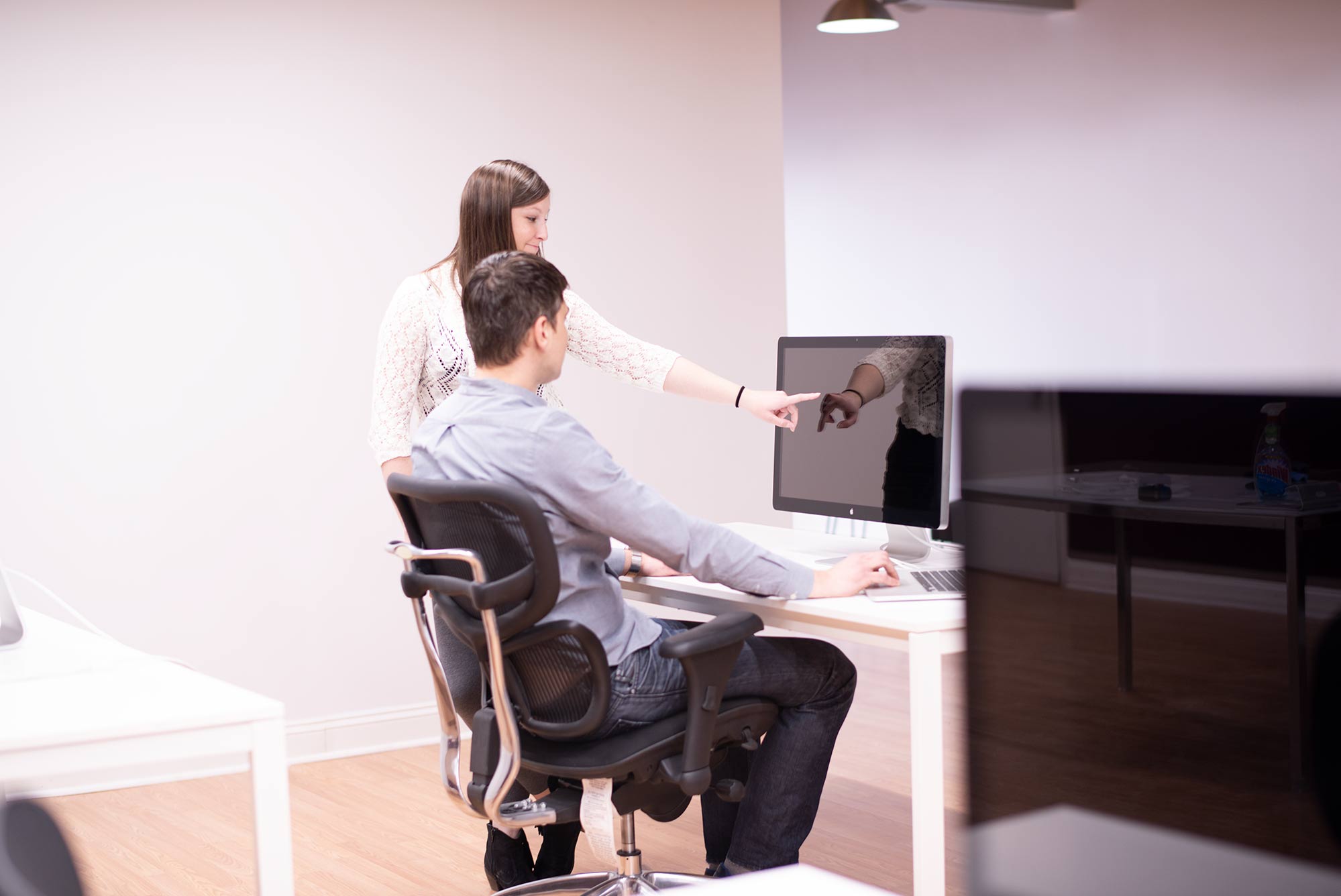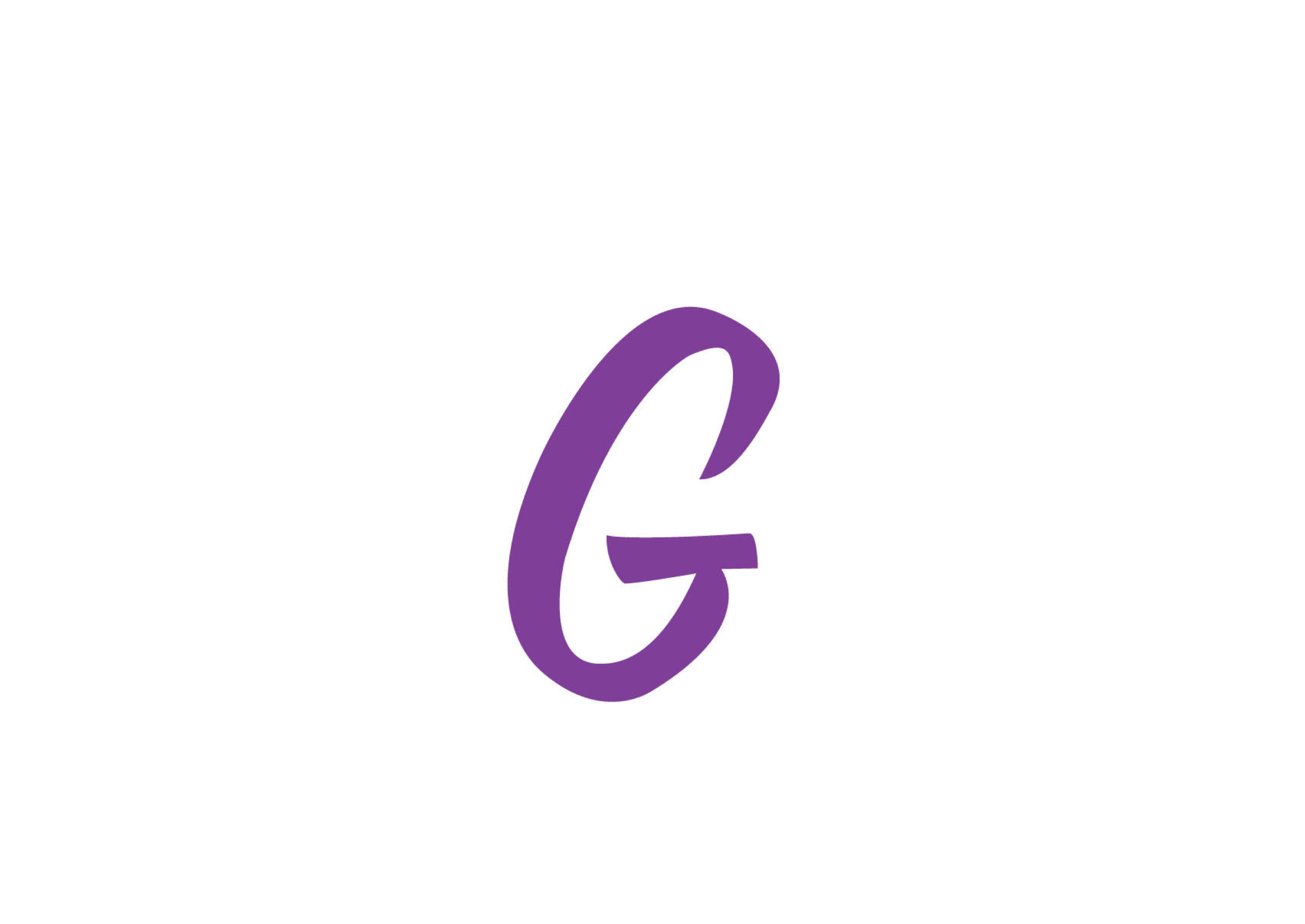Eurydice was stitching a torn flag tapestry that read “Do You Own a Eurydice?” during a public performance in 2011 when the idea for a Universal Artist Income first hit her. From painting graffiti as a teenager in Heraklion Crete to staging “art unfairs” in Miami Beach that question the very idea that art can be priced and sold, Eurydice has made a career of resisting the ethics of art as commodity and emphasizing instead its devotional avant-garde role. As the founder of Art Against All Inc., Eurydice protests against the price disparity between “a designated masterpiece and an undeclared masterpiece.” Eurydice bristles at the explosion in art prices caused by Wall Street investors and top income earners who turn art into another store of value and thereby become the sole arbiters of cultural value. Eurydice blames them for “taking the sacred” out of art, making art a quotidian commodity. “I define human as any living being who can create art; but our culture defines human as anyone who can engage in commerce,” Eurydice explains. “The mystical ability of our creative imagination to resolve contradictions and heal antitheses into new synthesis is becoming lost to us.”
In 2011, Eurydice opened a 10,000sf exhibit space across from Art Basel in Miami Beach to contrast the Art Basel fair where billionaires outbid each other for artworks. Eurydice’s intention was “to protest the unholy marriage of money and art.” The artworks in “Occupy Art Basel” were not for sale. The artists agreed, ‘In Art We Trust!’
That year a protest movement against the corrupting influence of money was taking place in Zuccotti Park across from Wall Street, as Art Basel celebrated its tenth anniversary in Miami. The Occupy movement protested extreme income inequality, the inadequate accountability for big banks after the Great Recession of 2008, and the undue influence of corporate wealth in politics and government.
In the spirit of the Occupy Movement, Eurydice kept “Occupy Art Basel” leaderless, did not release names and schedules of participating artists and gave no interviews even after a media storm followed The New York Observer reporting that “protesters have moved down to Miami for Art Basel.” Art Basel warned participating galleries of the possibility of occupation.
Eurydice posted a long “Occupy Art Basel” manifesto on tumblr https://at.tumblr.com/eurydice-eve/rtguzft7rwmz and printed a zine questioning the ethics of purchasing art as pure commerce. Sixty six thousand free copies of it were picked up by the visitors who toured “Occupy Art Basel.”
The Occupy Movement fizzled from its lack of demands that would prompt policy change. Eurydice came out of Occupy Art Basel though with a comprehensive idea for policy for which she credited a conversation she had with a stranger at her protest exhibit.
“This is how hand-stitching is magical: it frees the mind to wander off in free unsupervised time rather than focus on its usual busy work,” Eurydice later said. “I was embroidering in front of crowds, my mind spaced out in thoughtland. I was expressing the emotional effect on an artist of seeing her art being auctioned off to the highest bidder. An artist from Tibet introduced himself and we chatted. He told me that he had a patron who bought every painting he made and paid him $111,000 a year in exchange for a dozen artworks a year. He called this a living wage, but I thought it was an amazing deal. Any artist I knew would take it. My mind went to the New Deal and WPO. I couldn’t unthink it. I started finetuning a proposal for a Universal Artist Income.” Eurydice spent the next five years writing up a program for artists who could send in a number of artworks that met set standards of quality in exchange for a living salary, benefits, and a pension.
Ten years later, art has only become less affordable, income disparities between the 99% and the 1% have grown, and her cause is more relevant. With inflation at a record high, people have to choose between their passion and survival. They compromise and produce what the market wants. But for artists to survive mentally, they must be able to pursue their calling. Eurydice argues that artists are essential to our cultural coherence. Authentic universal art unites people in the face of chaos. Art must be safeguarded at all costs.
You can find out more by following Eurydice Eve on her podcast or YouTube channel and reading her views on medium and substack https://eurydice.substack.com/ https://Eurydice.net
.



